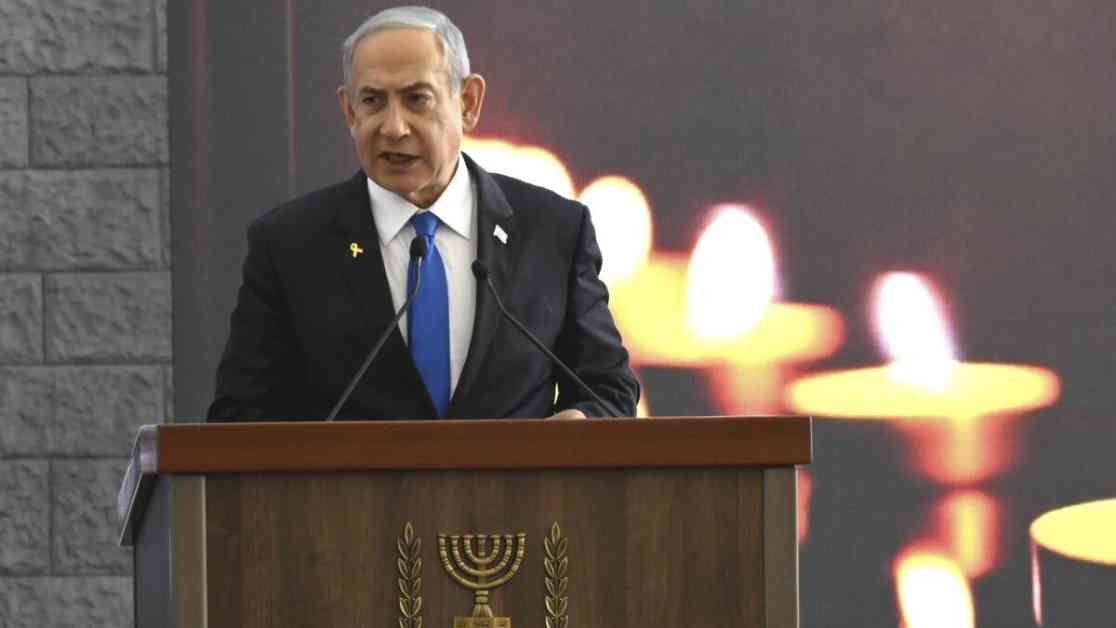Israeli Prime Minister Benjamin Netanyahu has recommended a cease-fire agreement to pause the conflict with Hezbollah, bringing hope for an end to the hostilities between the two sides. Israeli warplanes launched airstrikes across Lebanon, targeting areas where Hezbollah has a presence. Netanyahu emphasized that the length of the cease-fire would depend on Lebanon’s actions, and Israel would respond if Hezbollah violated the agreement.
The agreement proposes a 60-day truce that involves both sides withdrawing their troops to designated areas. Israel would move its troops out of south Lebanon to Israeli territory, while Hezbollah would retreat to areas north of the Litani River. A monitoring mechanism would be established to prevent Hezbollah from rearming or launching attacks on Israel from southern Lebanon. Lebanon’s army and U.N. peacekeeping forces would enter south Lebanon to maintain peace.
Despite the positive outlook, there are still uncertainties surrounding the cease-fire proposal. One major concern is whether Israel would continue to strike Hezbollah if the group tries to reestablish a presence in southern Lebanon. Israeli Defense Minister Israel Katz has warned of forceful action against any breach of the agreement, emphasizing Israel’s commitment to security.
The cease-fire agreement would officially be between Israel and Lebanon, with a Lebanese lawmaker negotiating on behalf of Hezbollah. However, Hezbollah, backed by Iran, is not directly involved in the agreement. The conflict between Israel and Hezbollah began over a year ago, following attacks by Hamas on southern Israel and subsequent rocket campaigns by Hezbollah in northern Israel. The ongoing strikes have displaced thousands of people and resulted in casualties on both sides.
Since the conflict escalated in 2023, Lebanon has suffered significant loss of life and widespread destruction. Thousands have been killed or injured, with a large number of civilians among the casualties. The ceasefire agreement offers a glimmer of hope for peace in the region, but challenges remain in ensuring lasting stability and security for both Israel and Lebanon. The international community, particularly the U.S. and France, has played a crucial role in brokering negotiations between the parties to reach this agreement.
As the cease-fire takes effect, the focus will be on maintaining peace, preventing further violence, and addressing the root causes of the conflict. Both Israel and Lebanon must commit to upholding the terms of the agreement and working towards a sustainable resolution that benefits all parties involved. The road to lasting peace may be long and challenging, but the cease-fire represents a step in the right direction for the people of Israel and Lebanon.


























